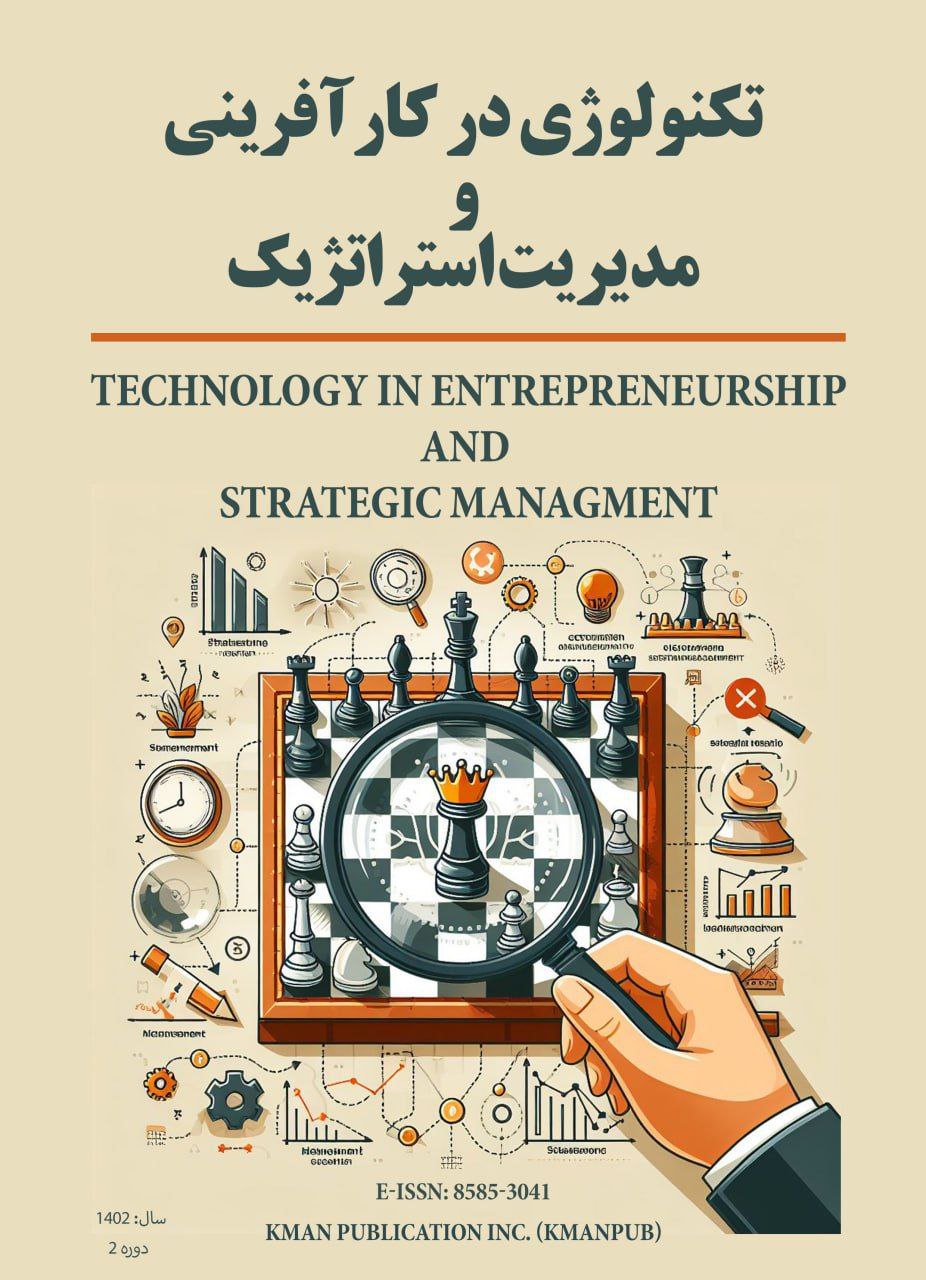Exploring the Impact of Artificial Intelligence on the Development of Demand Forecasting Systems for Retail Businesses
Keywords:
Artificial Intelligence, Demand Forecasting, Retail Businesses, Implementation Challenges, Organizational StrategyAbstract
This study aims to investigate how artificial intelligence (AI) influences the development of demand forecasting systems in retail businesses, identifying the benefits, challenges, and opportunities presented by AI technologies. A qualitative research design was employed, using semi-structured interviews as the primary method for data collection. Participants included 20 managers and experts in the fields of retail and information technology, selected through purposive sampling. Five main themes were identified: the use of AI in demand forecasting, challenges in implementing AI, opportunities created by AI, effects on organization and strategy, and social and ethical impacts. AI was found to enhance demand forecasting accuracy, operational efficiency, and customer satisfaction. However, technical, organizational, and financial challenges were also noted. Despite the challenges associated with AI implementation, the study concludes that AI has a significant positive impact on improving demand forecasting and overall retail business performance. Retailers are encouraged to embrace AI technologies to stay competitive in the rapidly evolving market.
Downloads
References
Brau, R. I., Sanders, N. R., Aloysius, J., & Williams, D. (2023). Utilizing People, Analytics, and AI for Decision Making in
the Digitalized Retail Supply Chain. Journal of Business Logistics. https://doi.org/10.1111/jbl.12355
Giri, C., & Chen, Y. (2022). Deep Learning for Demand Forecasting in the Fashion and Apparel Retail Industry. Forecasting.
https://doi.org/10.3390/forecast4020031
Jain, A., & Ormsbee, L. (2001). A Decision Support System for Drought Characterization and Management. Civil Engineering
and Environmental Systems. https://doi.org/10.1080/02630250108970296
Jiang, K., Qin, M., & Li, S. (2022). Chatbots in Retail: How Do They Affect the Continued Use and Purchase Intentions of
Chinese Consumers? Journal of Consumer Behaviour. https://doi.org/10.1002/cb.2034
Kilimci, Z. H., Akyuz, A. O., Akyokuş, S., Uysal, M., Bülbül, B. A., & Ekmis, M. A. (2019). An Improved Demand Forecasting
Model Using Deep Learning Approach and Proposed Decision Integration Strategy for Supply Chain. Complexity.
https://doi.org/10.1155/2019/9067367
Kolková, A., & Ključnikov, A. (2022). Demand Forecasting: AI-based, Statistical and Hybrid Models vs Practice-Based
Models - The Case of SMEs and Large Enterprises. Economics & Sociology. https://doi.org/10.14254/2071-789x.2022/15-
/2
Lin, L., & Zhang, W. (2019). Precision Marketing Driven by the Internet Supply Chain in the New Retail Era.
https://doi.org/10.2991/febm-19.2019.52
Oosthuizen, K., Botha, E., Robertson, J., & Montecchi, M. (2020). Artificial Intelligence in Retail: The AI-enabled Value
Chain. Australasian Marketing Journal (Amj). https://doi.org/10.1016/j.ausmj.2020.07.007
Souhe, F. G. Y., Mbey, C. F., Boum, A. T., & Ele, P. (2021). Forecasting of Electrical Energy Consumption of Households in
a Smart Grid. International Journal of Energy Economics and Policy. https://doi.org/10.32479/ijeep.11761
Yang, G., Ji, G., & Tan, K. H. (2020). Impact of Artificial Intelligence Adoption on Online Returns Policies. Annals of
Operations Research. https://doi.org/10.1007/s10479-020-03602-y
Downloads
Published
Submitted
Revised
Accepted
Issue
Section
License

This work is licensed under a Creative Commons Attribution-NonCommercial 4.0 International License.











